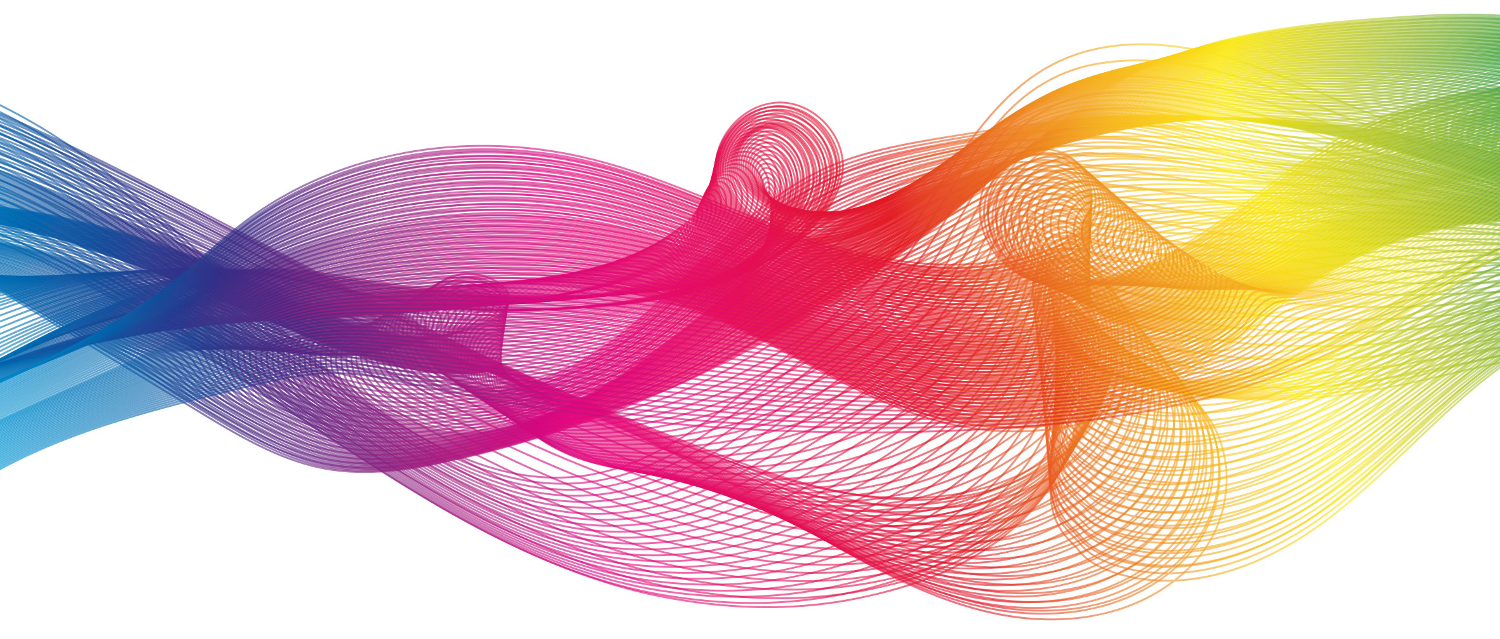From December 7-9, 2016 the Bremen House of Science (Haus der Wissenschaft) will host the international conference “Communicative Figurations” on the interdependent transformation of communication, media, society and culture.
The ZeMKI, Centre for Media, Communication and Information Research of the University of Bremen, organises the international conference in collaboration with the Hans-Bredow-Institute for Media Research, Hamburg and the SOCIUM of the Universty of Bremen. The conference welcomes numerous speakers from all over Europe and the United States who investigate transforming communications against the background of an increasing complexity of the media environment. Richard Rogers (Digital Method Initiative, University of Amsterdam) and Gina Neff (Oxford Internet Institute, University of Oxford) will be keynote speakers.
For today’s life-worlds, media communication is essential: work, leisure, socialization, the public sphere, public engagement, etc. are articulated by different types of mediated communication. Even from a historical point of view it is impossible for us to imagine the multiple and contradictory processes of modernization without media. Today, various domains of the social world are so closely related to (digital) media that they could not exist in their present form beyond media. In this sense, we live in times of “deep mediatization”.
A particular challenge of researching this stage of mediatization is the present complexity of the media environment: It is not one single medium that is the driving force of change. With the spreading of various technical communication media – television, radio, mobile phone, internet platforms etc. – we are confronted with a “media manifold” which stimulates various processes of re-mediation and transmediation. And as media are more and more software-based and related to the internet, their use becomes entangled with processes of datafication. How can we investigate then transforming communications in times of deep mediatization? How do the figurations of living together change with the media environment?
The conference takes these fundamental questions seriously and moves the transformation of communications and figurations through the “media manifold” into the foreground. The focuses of the conference are the transformation of journalism, religion, education, communities, politics, and public discourse. Beyond this, the conference puts an emphasis on the (digital) methods used to investigate related processes of transformation. It is the concluding event of the Creative Research Unit “Communicative Figurations”, being funded within the framework of the Initiative of Excellence.
The full programme and information on the registration procedure can be accessed here.
The programme brochure can be downloaded here.
